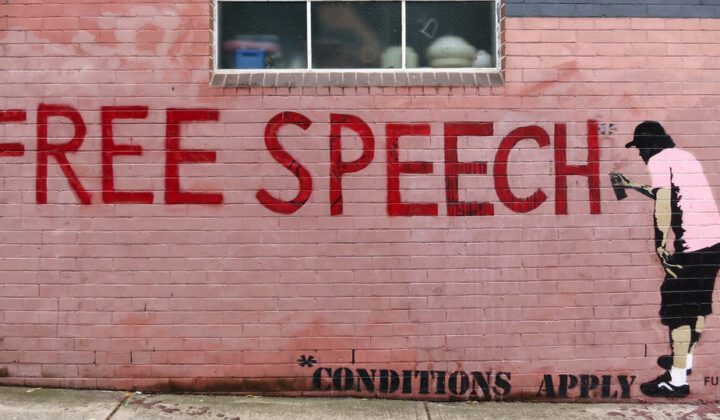Sitting inside the gun shop Frontier Justice on June 12th, Missouri Governor Mike Parson signed the Second Amendment Preservation Act. That law“declares that all federal acts…that infringe on the people’s right to keep and bear arms as guaranteed by the Second Amendment…must be invalid in this state.” In addition to invalidating all federal gun control regulations within Missouri, all state and local officers are also prohibited from assisting federal agents in their enforcement of these laws.
With this legislation, Missouri joins eight other states who have passed laws either rebuking federal firearm regulations or ordering state and local law enforcement agencies not to cooperate with federal agents. While little has changed in gun regulation at a national level, these states are preempting any action from the Biden administration or the Democratic Congress.
In this latest push against federal regulation, red states are drawing upon the Left’s playbook on issues like marijuana legalization and sanctuary cities.
Can states really ignore federal law?
The question of whether a state can ignore or “nullify” federal legislation is almost as old as the republic, with major disputes dating back to the late 1700s. The issue arose periodically over the course of a century, and the U.S. Supreme Court ruled each time against a state’s right to nullify laws. So even though the anti-gun-control legislation that several state legislatures have passed calls federal regulations “invalid,” states have no actual authority to nullify them.
Still, states aren’t entirely powerless to resist federal law. While a state cannot simply nullify a federal law, it can refuse to enforce it. This principle of “anti-commandeering” dates back to the 1842 Supreme Court decision Prigg v. Pennsylvania, in which the justices ruled that local and state law enforcement agencies could not be compelled to enforce the Fugitive Slave Act.
Though not used continuously throughout American history, the practice was renewed in 1987 when Oregon banned local officials from enforcing federal immigration laws, creating the first “sanctuary state.” In the years since, an increasing number of Democratic-leaning communities have declined to enforce federal laws regarding immigration and recreational marijuana. Republican legislatures have, in turn, disregarded gun laws, with Texas Governor Greg Abbott signing a bill just last week which “makes Texas a Second Amendment Sanctuary State.” And with just 1,714 ATF special agents operating across the country, federal gun regulations cannot possibly be enforced without local support.
What does this mean for American democracy?
Federalism has a mixed record in America, at once easing differences between communities by allowing them to pursue local policies and exacerbating tensions by stymying national solutions to national issues. Marijuana legalization fits into the former category, with states like Alabama and California able to pursue policies they each find suitable. Immigration and gun control, however, are inherently national in scope and thus ill-suited for local regulation alone.
When state and local governments revert to ignoring national legislation rather than seeking compromise, policy differences become extreme. Sanctuary cities don’t just try to protect Dreamers from needless deportation; they refuse to cooperate with I.C.E altogether. Meanwhile, Second Amendment sanctuaries don’t just resist specific federal gun control measures; they throw them all out and threaten any law enforcement agency that upholds them.
The South would never have compromised on slavery in the lead up to the Civil War, but it’s still telling that the declarations of secession from Mississippi, South Carolina, and Texas explicitly refer to northern states’ nonenforcement or nullification of the Fugitive Slave Act as evidence of a defunct federal government. Principles of nullification and non-enforcement don’t uphold federalism, they degrade it. The latest attempts to undermine the federal government only further divide the country and soil any hope of compromise.





